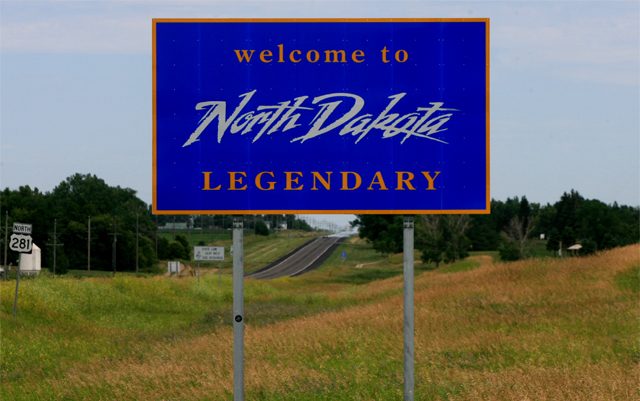As November 6th gets closer, election season is ramping up to full speed ahead, which means that various campaigns to implement marijuana law reform around the country are in the final stretch.
In North Dakota, the opposition to the adult use legalization measure on the ballot this year is sending out almost 350,000 flyers to every household in the state in an attempt to bring voters the “facts” about the shortcomings of legalization.
“We want this to get out in front of the voters, because we want them to understand the facts about Measure 3 and the fact that there really isn’t much in Measure 3 that will protect the citizens of North Dakota,” said Norm Robinson, the campaign manager for North Dakotans Against the Legalization of Recreational Marijuana.
Of course, when he says “protect the citizens” he means protect them from marijuana. Well, I hate to break it to Mr. Robinson and his allies, but here’s some breaking news: people already use marijuana in North Dakota.
With a population of more than 750,000 people, the odds are that at least tens of thousands of people use cannabis on a regular basis. Not only do the odds dictate that, but the fact that legalization is even on the ballot in ND shows it empirically. After all, if no one in North Dakota used cannabis, legalization wouldn’t be an issue. No one would care – or have reason to care – if North Dakota were cannabis-free.
Prohibitionists in the state also assert that the “promises” of legalization haven’t materialized in places like Colorado, a notion that is belied by mountains of evidence to the contrary.
In any case, the idea that prohibition is protecting the citizens of North Dakota from marijuana is ludicrous on its face. How is having a market controlled by violent criminals preferable to legal and regulated stores?
Then, of course, we get to the heart of the matter: is marijuana something that people need to be protected from? Do people need a government shield from one of the safest substances on the planet, if such a thing were possible?
Polls in North Dakota have varied as to the odds of legalization passing in the state, and it’s undoubtedly a tough hill to climb considering the rural and conservative nature of voters there. Time will tell how much influence the opposition has had in ND.






